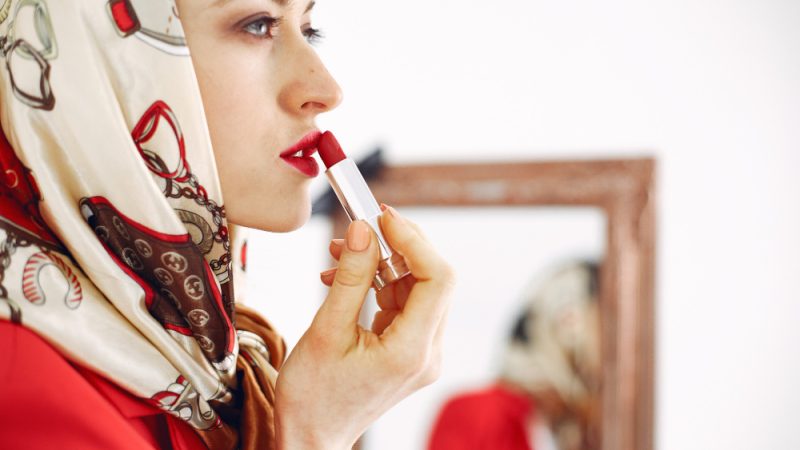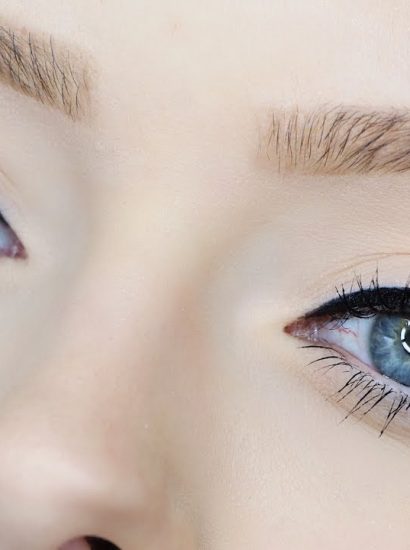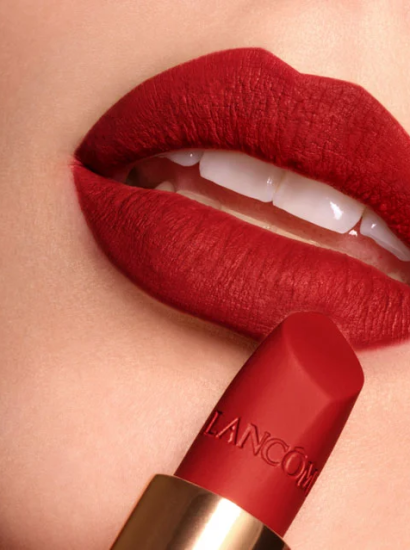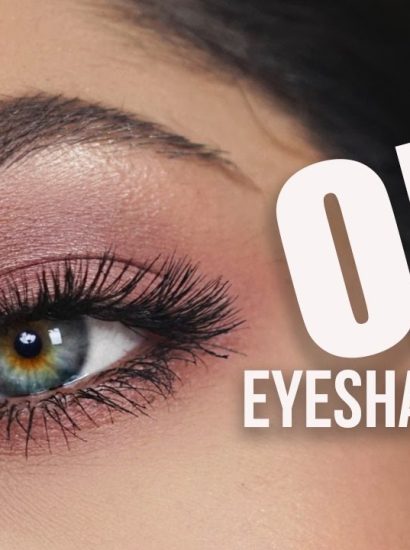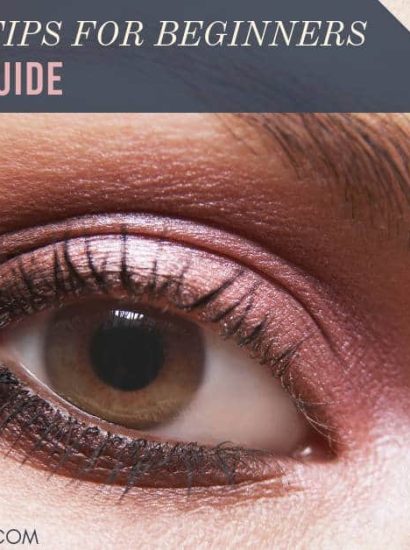Lip gloss is one of those beauty essentials that almost everyone has in their makeup bag. Whether you love a high-shine finish, a hint of shimmer, or a tinted gloss for everyday wear, it’s the go-to product for quick glam. But here’s a question many people overlook — does lip gloss expire?
The answer is yes. Like all cosmetic products, lip gloss has a shelf life, and using it beyond that period can cause skin irritation, infections, and poor results. In this article, we’ll explore how long lip gloss lasts, how to identify when it’s expired, and tips to make it last as long as possible.
Why Lip Gloss Has an Expiration Date
Lip gloss is made with oils, waxes, pigments, and preservatives. Over time, these ingredients can break down, separate, or react to air and bacteria exposure. Even though many glosses are made to last months or years, the clock starts ticking the moment you open the tube.
Manufacturers test products for safety and stability over time, which helps them determine the recommended shelf life. That’s why you’ll often find a small open-jar symbol on the packaging, showing how many months the product should be used after opening (for example, 6M or 12M).
Using gloss past its expiration date can lead to unpleasant smells, texture changes, and possible bacterial growth that could irritate your lips.
How Long Does Lip Gloss Usually Last?
Most lip glosses last between 6 to 12 months after opening, though some formulas can stay stable for up to 18 months. The shelf life depends on the ingredients, packaging, and how the product is stored.
If your lip gloss is unopened and kept in a cool, dry place, it can last longer—typically up to two years. However, once you start using it, bacteria from your lips and the air get introduced into the tube, shortening its lifespan.
Liquid glosses with wands tend to expire faster than squeeze tubes because the wand carries bacteria back into the container after every use.
How to Check the Expiration Date on Lip Gloss
Not all lip glosses display a clear expiration date, but there are a few ways to find out:
- Look for the Period After Opening (PAO) symbol on the packaging.
- Check for a batch code printed on the bottom or side of the tube. You can search this code online using a cosmetic batch checker.
- Note the date you first opened the gloss. Marking it with a small sticker helps track usage over time.
If none of these indicators are available, rely on the general rule—replace your lip gloss every 6 to 12 months once opened.
Signs Your Lip Gloss Has Expired
Expired lip gloss shows noticeable changes in texture, smell, and performance. Here are the most common warning signs that it’s time to toss it:
- Unpleasant odor: A sour or rancid smell indicates that the oils have gone bad.
- Change in texture: If the gloss feels sticky, thick, or grainy, it’s breaking down.
- Color alteration: Faded, darker, or separated pigments mean the ingredients have oxidized.
- Irritation or tingling: Burning or dryness after applying the gloss may signal bacterial contamination.
- Cloudiness or mold: If you see cloudy streaks, black spots, or white film, discard it immediately.
Your lips are sensitive, so it’s best not to risk using an expired product even if it looks fine.
What Happens If You Use Expired Lip Gloss
Using expired lip gloss can cause more than just poor shine. Since the product comes into contact with your mouth, it can lead to:
- Lip irritation: Outdated ingredients can cause dryness, burning, or redness.
- Bacterial infections: Bacteria can grow in old gloss tubes and transfer to your lips.
- Cold sores or breakouts: Especially for those prone to cold sores, using contaminated gloss can trigger flare-ups.
- Reduced effectiveness: Expired gloss won’t apply smoothly or provide the same shine or color.
It’s always safer to replace an old product than risk an infection or irritation.
How to Make Your Lip Gloss Last Longer
While expiration is inevitable, you can slow down the process with a few smart habits:
- Store in a cool, dry place: Keep your gloss away from heat and direct sunlight.
- Avoid using dirty fingers: Always apply with a clean wand or applicator.
- Tighten the cap after each use: This prevents air exposure that breaks down ingredients.
- Clean the applicator: Wipe off excess product to prevent bacteria buildup.
- Do not share your gloss: Sharing can transfer germs and shorten the product’s life.
Proper care can help your lip gloss stay safe and effective for several extra months.
The Role of Ingredients in Lip Gloss Expiration
The lifespan of your lip gloss largely depends on what it’s made of.
- Natural and organic glosses: Often have shorter shelf lives since they lack synthetic preservatives. These typically expire within six months.
- Glosses with synthetic stabilizers: Last longer due to ingredients like parabens or phenoxyethanol, which inhibit bacterial growth.
- Glosses with oils: Natural oils like coconut or jojoba can turn rancid over time, especially if exposed to heat.
Reading the ingredient list can help you predict how long your gloss will remain stable. If you prefer clean beauty products, remember they often require more careful storage and quicker replacement.
The Difference Between Expired and Contaminated Lip Gloss
While an expired gloss is one that’s aged past its shelf life, a contaminated gloss can go bad much sooner due to poor hygiene or storage.
If you’ve had a cold sore, infection, or lip wound and used your gloss during that time, the product could already be contaminated. Bacteria thrive in moist, closed environments like gloss tubes.
Even a gloss that’s within its expiration period should be discarded if it smells strange, changes texture, or causes irritation. Clean habits are key to keeping your products safe.
Can You Revive or Reuse Expired Lip Gloss?
Many people try to revive old lip gloss by adding oils, microwaving, or stirring the mixture. While it might seem like a clever fix, it’s not recommended. Once a product expires, its chemical composition and preservative system break down, allowing bacteria to multiply.
Adding new ingredients or heat won’t kill bacteria—it might make it worse. Instead of reviving expired gloss, it’s better to dispose of it and replace it with a new one. If you want to reduce waste, opt for smaller tubes that you can finish before they expire.
How to Dispose of Expired Lip Gloss Properly
Throwing expired cosmetics directly into the trash can contribute to environmental waste, especially if the tube is plastic. Here’s how to dispose of it responsibly:
- Empty the product: Squeeze out any remaining gloss and wipe the container clean with a paper towel.
- Recycle the packaging: Many beauty brands now have recycling programs for cosmetic containers.
- Avoid pouring gloss down the drain: Oils and chemicals can harm plumbing and water systems.
If you’re unsure whether your local recycling center accepts cosmetic packaging, check with the manufacturer or look for a makeup recycling initiative like TerraCycle.
Conclusion
So, does lip gloss expire? Absolutely. Most glosses have a shelf life of 6 to 12 months after opening, though the exact time depends on ingredients and storage. Using expired lip gloss can lead to irritation, bacteria growth, and loss of shine.
To keep your lips healthy and your glosses performing their best, pay attention to signs of expiration, store your products properly, and replace them regularly. Beauty should enhance your confidence, not risk your health—so when in doubt, it’s always better to toss it out and treat yourself to a fresh one.
FAQs
1. How can I tell if my lip gloss is still good?
Check for changes in color, smell, and texture. If it smells normal, applies smoothly, and hasn’t separated, it’s likely still safe to use.
2. Can unopened lip gloss expire?
Yes, even unopened lip gloss can expire after about two years. Heat, humidity, and sunlight can cause ingredients to degrade over time.
3. Is it safe to use lip gloss past the expiration date if it looks fine?
No. Even if it appears normal, bacteria may be growing inside the tube. Always follow the recommended usage period for safety.
4. Can I store my lip gloss in the fridge to extend its life?
Yes, storing lip gloss in the refrigerator can slow down oxidation and prolong freshness, especially for natural or organic formulas.
5. Why do some lip glosses go bad faster than others?
The difference lies in the ingredients and packaging. Natural glosses without preservatives or products stored in warm conditions tend to expire faster.
Also read: Best Hair Dye for Orange Hair: How to Fix and Tone Brassy Shades

